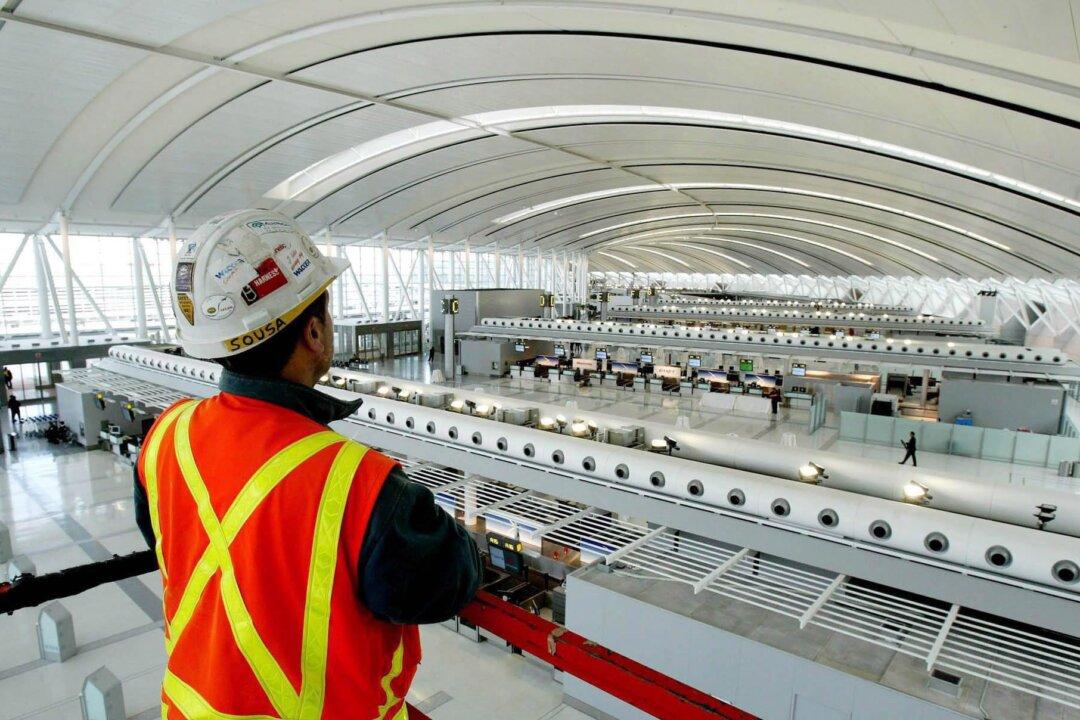TORONTO—China is at it again, trying to take over a large Canadian company.
Earlier this year, China said it wanted “unfettered access” to Canada’s economy in a prelude to potential free trade talks. Now, it’s up to the Trudeau government to determine if Chinese state-owned enterprise (SOE) CCCI’s purchase of construction giant Aecon is of net benefit to Canada. Needless to say, the decision will be a critical determinant of Canada’s economic relationship with China going forward.





